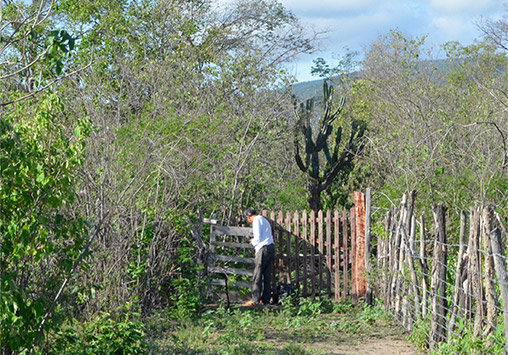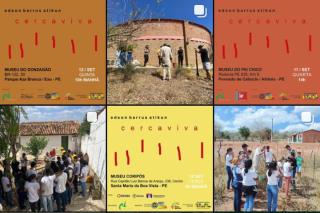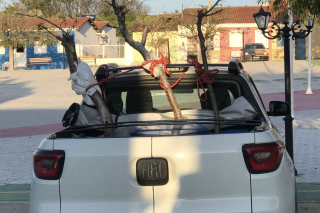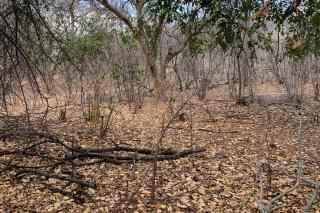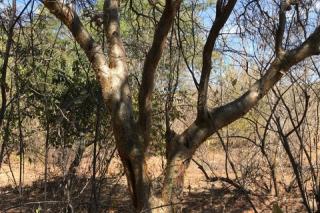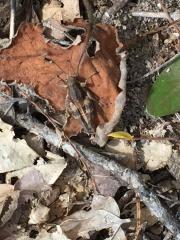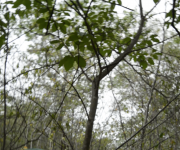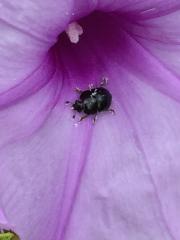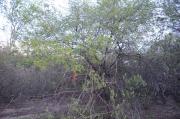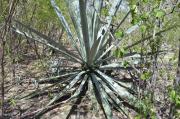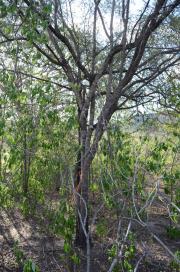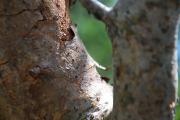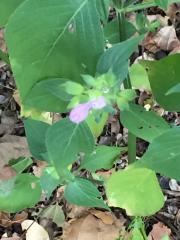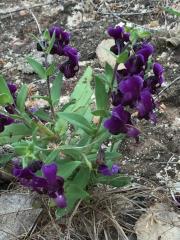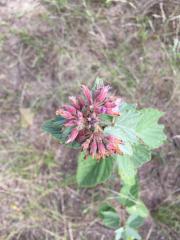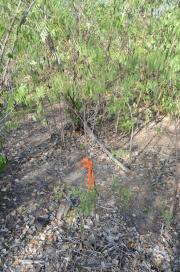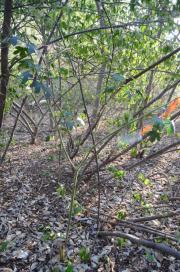Salvaguarda
At Carnaubeira da Penha, while accompanying some of my relatives in their negotiations for the purchase of land, I realized that the cutting down of this particular tree was immanent, since this Imburana de cambão was to be cut down to make a bench as a condition for the sale of the land.
The Imburana project is born of the desire to save a single tree of the species Commiphora leptophloeos, which had been threatened with being cut down, slaughtered. When an Imburana de cambão is brought down, a key link in the food chain of La Caatingal is broken.
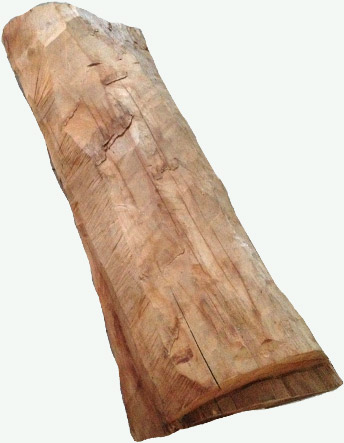
Art and Imburana
The histories of imburana and art intersect with the promotion of the imburana's as raw material for the making of sculptures, the matrix of woodcuts and tools (wooden spoons, troughs, pestle, pipes, banks). It also manufactures colchos, hives for beekeeping, cangas or cambón for the animals to pull carts, hence its name.
The imburana wood is soft and responds well to the cut and the sandpaper. Because it is malleable, and because it is protected ou immuned(forever) from the termite, it is one of the favorites of contemporary craftmens and sculptors of the Northeast. This fact, besides its use as firewood, can be perceived as a sum to the contributing factors for the imburana process extinction.
Bioma
This plot of land, extending 240m to the north x 240m to the south x 77m to the east x 100m to the west, is situated in Logrador, the indigenous land of the Atikum-Umã people, of whom I am a descendent, in the municipality of Carnaubeira da Penha, in the State of Pernambuco, where I was born. This plot (a soil analysis of which will be necessary) is traversed by 2 perishable streams, and besides the Imburana-de-Cambão, 29 other plant species, for the time being mapped. Many of them are native and medicinal: Gravatá, Mandacaru, Xique-Xique, Quipá, Mabeice, Marmeleiro, Tamburi, Juazeiro, Quixabeira, Aroeira, Cabo de Raposa, Anjico Majola, Pião Brabo, Catingueira, Umbuzeiro, Pau de Bezouro, Bananinha, Faveira, Canafista, Quipebe, Pau de Serrote, Feijão Brabo, Cansanção, Brauna, Jurema sem Espinho, Espinheiro Branco, Jurema de Espinho, Pau Ferro, e Maniçoba.

